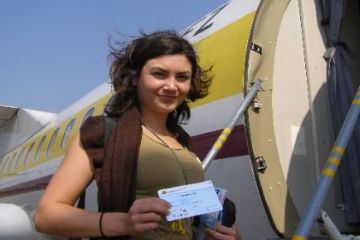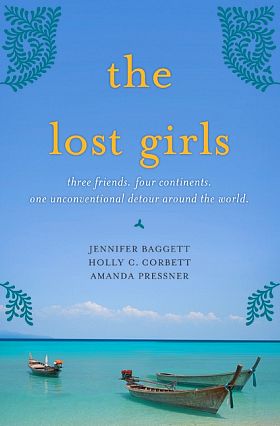
The Lost Girls
I’m betting the Lost Girls got a lot of “you’re so lucky!”s when they first broke the news to friends about plans for an around-the-world trip. Thing is, this kind of “once-in-a-lifetime” travel sounds glorious until you actually have to, you know, plan it and do it.



